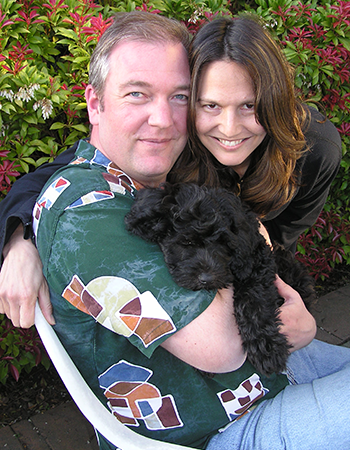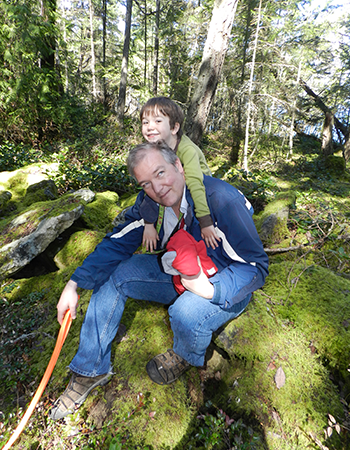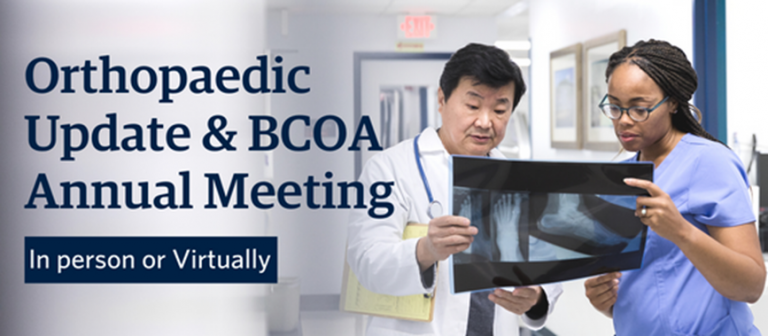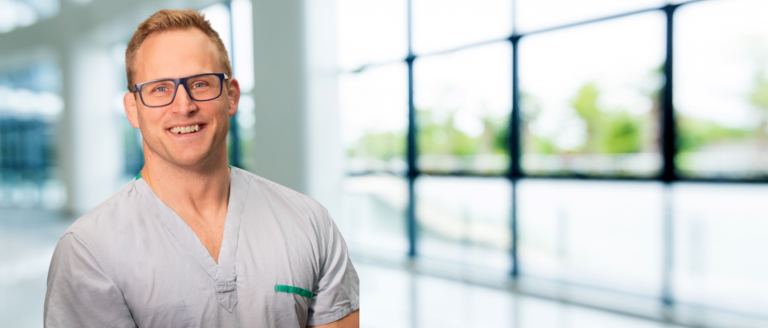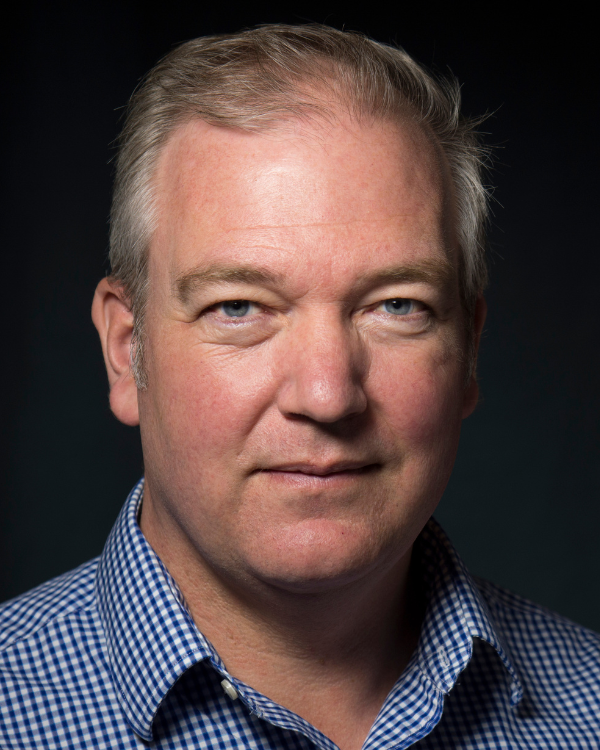
DAVID WILSON
PROFESSOR
Division:
Orthopaedic Research
Site:
Vancouver – Robert H.N. Ho Research Centre
Dr. David Wilson is a professor with the UBC Department of Orthopaedics and an orthopaedic engineering researcher at the Robert H.N. Ho Research Centre. He received his D. Phil. in Engineering Science from the University of Oxford. His research interests include hip, knee and spine mechanics; causes and treatments of osteoarthritis; medical imaging and medical image processing; and orthopaedic sports medicine. He’d like to see his research set the foundations for interventions that lead to joints that are pain-free and functional longer.
Can you share a little bit about your educational background and journey, and how you got to where you are today?
I grew up in Calgary and went to McGill for my undergrad in Mechanical Engineering. I was on the varsity rowing team at McGill for my whole undergrad and ended up at Oxford for my DPhil (PhD) largely because I wanted to row for the most storied Boat Club in the world. After that I did a short postdoc at Johns Hopkins and a longer one with Toby Hayes at Harvard. I came to UBC in 2002 to support the growth that Tom Oxland was leading in Orthopaedic Engineering Research at UBC, and I haven’t looked back!
What inspired you to work in orthopaedics, specifically orthopaedic research?
Joints are fascinating structures for an engineer—they have to do a lot, and last a long time. It was seeing how important healthy joints are to quality of life that really got me fired up to study them more.
What impact would you like to see your work have on patients, communities and society at large?
I’d like to set the foundations for interventions that lead to joints that are pain-free and functional longer.
What excites you most about your work? What are you most proud of?
I love the challenge of finding a way to measure something that we couldn’t measure before.
I am most proud of my former students—it gives me particular joy to see the wonderful careers they have all gone on to have. They are great achievers and great human beings.
What is one piece of advice that you would give to current trainees?
Never stop working hard to improve your writing. Scientists are writers: the experiments just give us our material. Clear writing means clear thinking.
When you’re not working, where can we find you?
At my cottage in the Gulf Islands—on the water or in the water.
